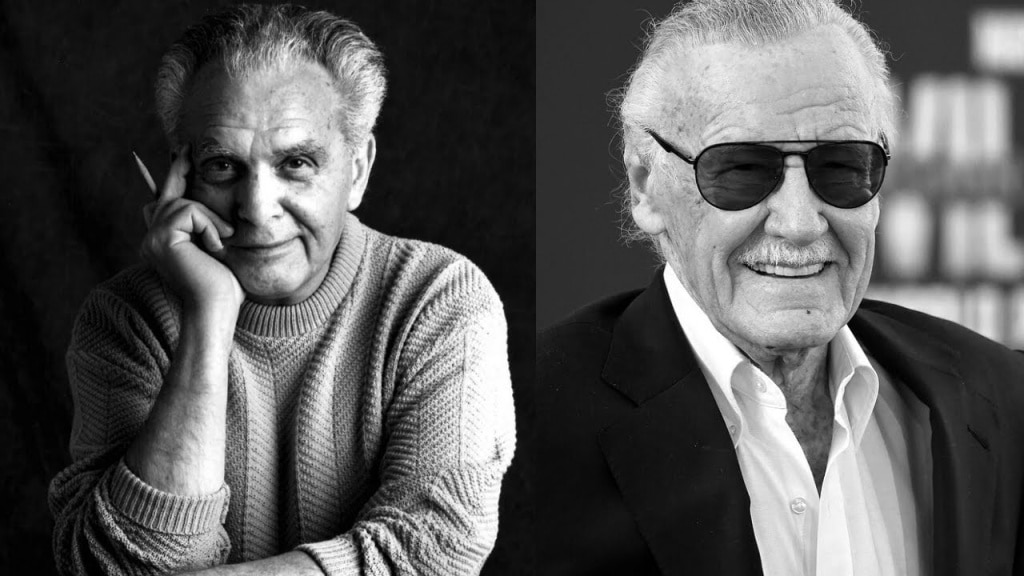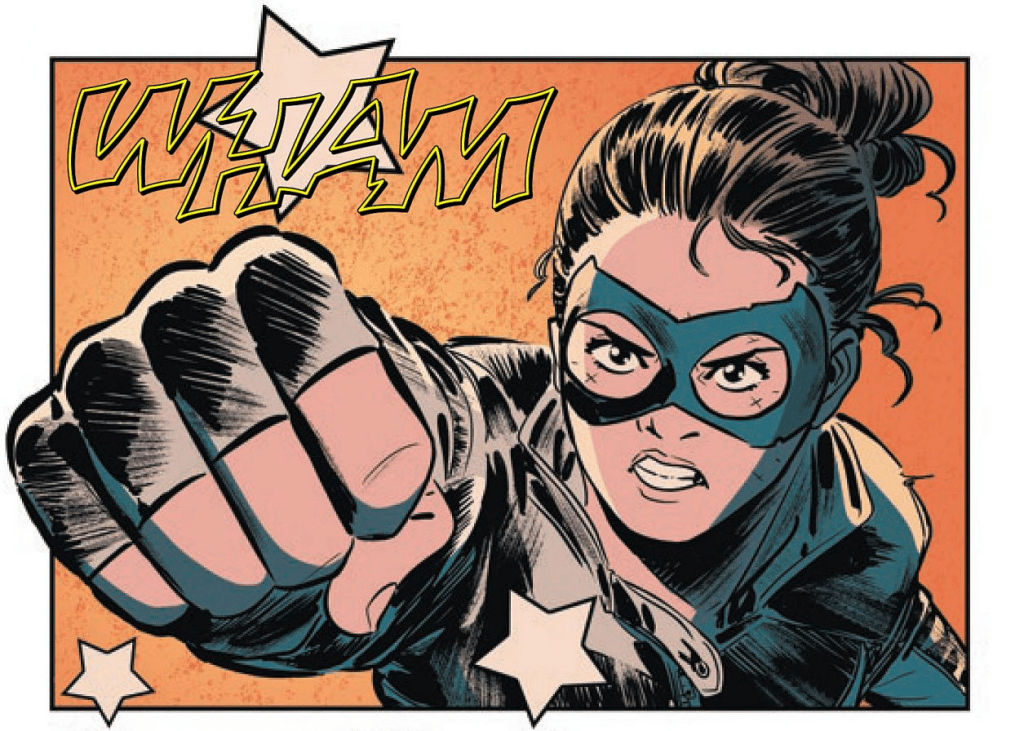New York Comic Con is one of the biggest pop culture conventions in the world, bringing thousands of fans together to cosplay, meet comic book icons, watch anime premieres, and play video games. There purposefully wasn’t any discussion of Jewish representation, however.
According to a New York Jewish Week article, two panels focused on Jewish representation in comic books and entertainment were rejected by New York Comic Con’s parent company, ReedPop. This is quite shocking when you realize that so many comic book heroes and their creators are Jewish. Superman? Created by two Jewish dudes, Joe Shuster and Jerry Siegel. Jack Kirby and Stan Lee, co-creators of the Marvel Universe? Also Jewish dudes.

New York Comic Con has had Jewish-focused panels in the past, including a panel hosted by Michal Schick — co-host of the podcast “Nice Jewish Fangirls” — from 2017 to 2019. That panel was rejected this year despite having 200 people filling the room in the past. Schick told New York Jewish Week that she doesn’t believe it was intentional exclusion.
Arnon Z. Shorr, a filmmaker featured in “The New Face of Jewish Comics” panel at San Diego Comic Con, said that this very same panel was also rejected from New York Comic Con despite a positive response to the panel in San Diego. In fact, San Diego Comic Con had several panels focused on Jewish themes, even a panel on art in the Holocaust.
To add insult to injury, New York Comic Con opened its reservation system on Rosh Hashanah. This reservation system is used to sign up for panels, movie premiers, and other hard-to-get-into activities at Comic Con, often selling out almost instantly if you’re not at your computer when it initially goes up. While it was another unintentional blow to Jewish comic book fans, it was starting to add up.
A spokesperson for New York Comic Con told New York Jewish Week that it was an “oversight” and “coincidence.” They apologized for the inconvenience.
The spokesperson also added that there may not have been panels that were specifically Jewish but there was still Jewish representation at Comic Con. Of course, this is just another coincidence, since many comic book creators, artists, and authors are Jewish.
“A lot of Jews are nerds,” Schick said to NYJW. “People are hungry to not just see themselves, but talk about themselves. That space is rightfully being provided to other groups. I think we should get that, too.”
A Strange Time to Be Left Out of New York Comic Con
What makes it all the more surprising to have these panels turned down at New York Comic Con is the increase in outwardly Jewish representation within comic books.
Back in the day when Superman was originally created by Shuster and Siegel, nothing Jewish was really included in the comic books despite the emergence of comic books at the time being partially due to the anti-semitism throughout the country. It was a form of escape, a creative outlet, but also a way to subtly showcase issues plaguing society at the time.
Now, however, more and more comic books are unapologetically telling Jewish stories. Before all the drama with they-who-shall-not-be-named, The Flash was looking to be one of the first times an openly Jewish superhero was going to star on the big screen in their own movie. There’s also Moon Knight, a Disney+ series that stars a Jewish superhero, although there’s been some drama surrounding the show’s alleged erasure of the comic’s Jewish aspects. Whistle — Willow Zimmerman — is the first explicitly Jewish superhero from DC in 45 years.

Whistle is a 16-year-old student and activist living in Gotham. She loves Reubens, has a dog named Lebowitz, talks about mitzvahs… While there are other Jewish DC heroes that are Jewish, like Harley Quinn, Whistle is the first superhero in a long time to be outwardly and unapologetically Jewish. It’s part of her identity and even part of what drives her to protect Gotham.
A Jewish concept called “tikklun olam” is brought up in Whistle’s comic, a phrase that basically means to repair the world. Whistle holds this idea close to her heart, always looking for ways to stand up for what is right and improve the city she loves. She goes to marches, volunteers, and will even fight those who want to destroy what’s left of her neighborhood.
“We’re seeing a greater quantity and a greater diversity of Jewish stories on screen,” Shorr said to NYJW. “Because we’re on the cusp of this new golden age of Jewish narrative, it just feels like New York Comic Con missed an opportunity to be part of the start of this era.”
